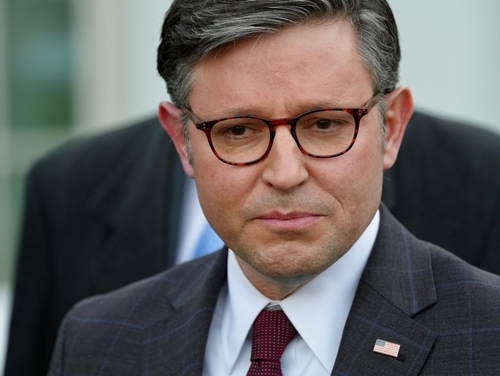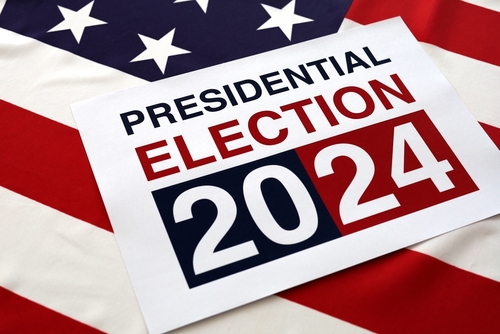
NATO Chief Warns Europe: Russia Brings War To Doorstep
Listen To Story Above
NATO’s new Secretary General, former Dutch Prime Minister Mark Rutte, delivered a stark message at The Carnegie Endowment for International Peace in Brussels, urging European NATO members and Canada to boost their military preparedness and abandon their post-Cold War complacency.
Rutte emphasized that the previous assumption of global security no longer holds true, calling for Europeans to adopt a wartime perspective. He highlighted Russia’s efforts to undermine Western freedoms, pointing to recent sabotage incidents by Russian operatives against European nations, stating: “Hostile actions against Allied countries are real and accelerating… These attacks are not just isolated incidents. They are the result of a coordinated campaign to destabilise our societies and discourage us from supporting Ukraine.”
The NATO chief explained how Russia’s hybrid warfare tactics were bypassing traditional defense mechanisms, effectively bringing conflict directly to European doorsteps and homes.
While describing current security conditions as the most severe in his lifetime, Rutte clarified that NATO isn’t currently at war, though peace remains elusive. He noted that while immediate threats are deterred by current military capabilities, continued investment is crucial for addressing future challenges, particularly those being demonstrated in Ukraine.
“Ukrainians are fighting against Russian swarms of drones. That’s what we need to be prepared for”, Rutte told the Carnegie conference.
Jeffrey Sachs with probably the smartest and most accurate assessment of the Ukraine war, and American foreign policy more broadly, ever caught on tape.
(20:17) Why did America push for Ukraine to Join NATO?
(58:34) What is a Neocon?
(1:25:28) Regime Change Never Works
(1:36:27)… pic.twitter.com/uNzzDDzn1L— Tucker Carlson (@TuckerCarlson) May 28, 2024
Addressing the financial implications, Rutte acknowledged the trade-offs but emphasized prevention’s cost-effectiveness compared to actual warfare. He stated: “I know spending more on defence means spending less on other priorities. But it is only a little less. On average, European countries easily spend up to a quarter of their national income on pensions, health and social security systems. We need a small fraction of that money to make our defences much stronger, and to preserve our way of life.”
This message aligned with NATO’s senior military officer, Admiral Rob Bauer, who earlier emphasized the necessity of democratic nations potentially sacrificing certain comforts for security. He remarked: “if you ramp up your deterrence and if you ramp up support to Ukraine, there will be less money to spend on other things. It will take away some of our luxuries, it will require sacrifice.”
Rutte concluded his address by emphasizing that maintaining freedom comes at a cost.




